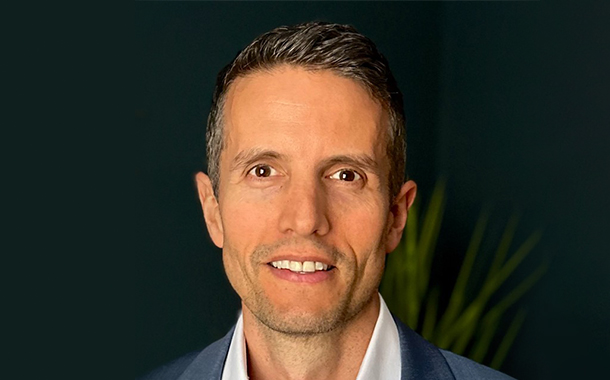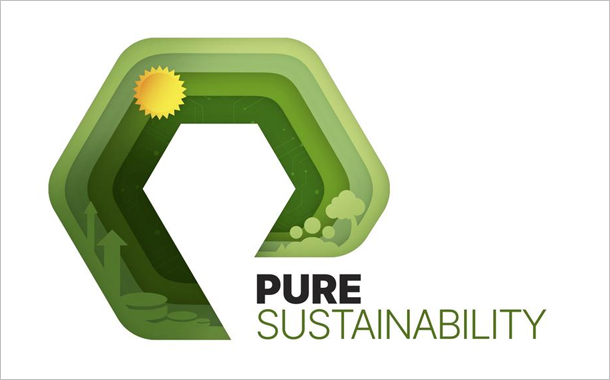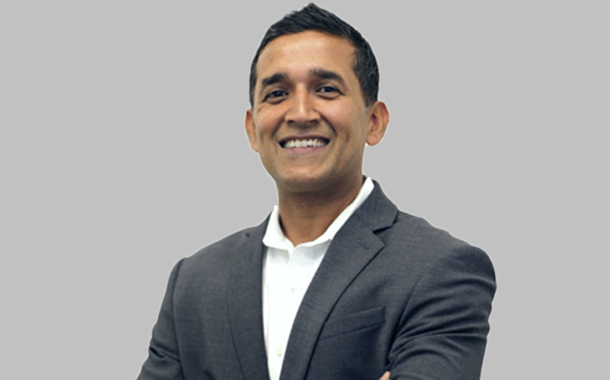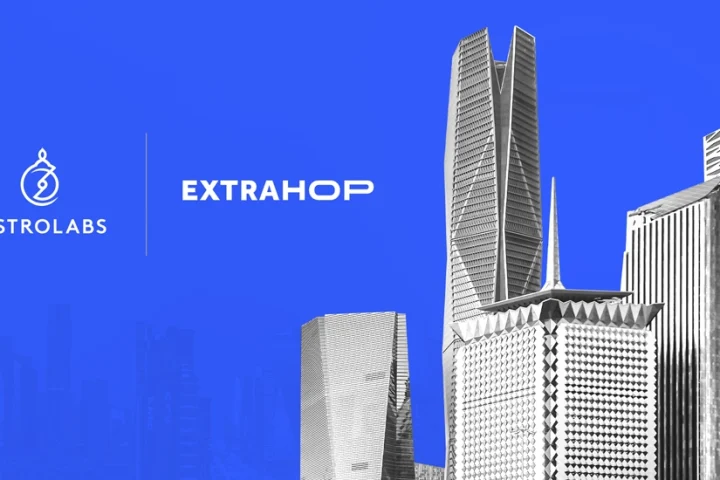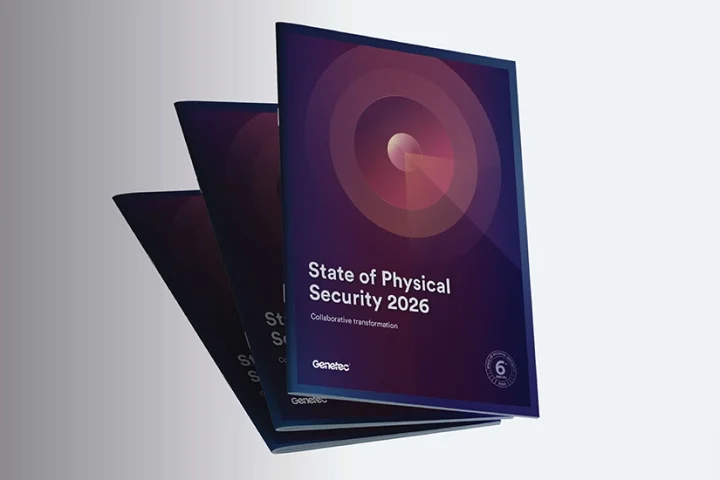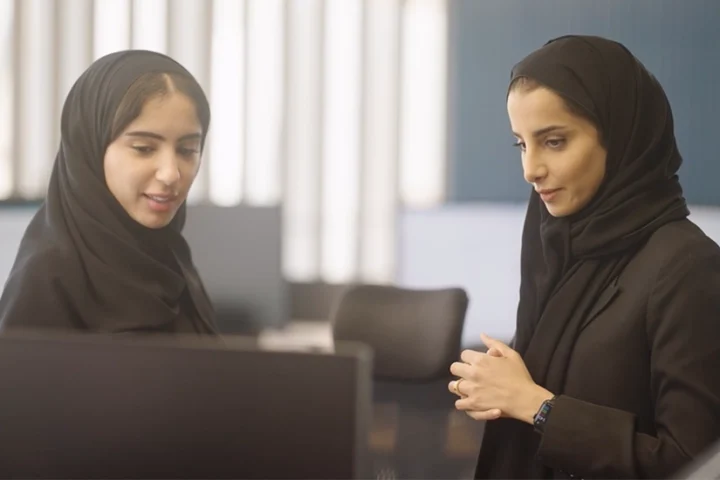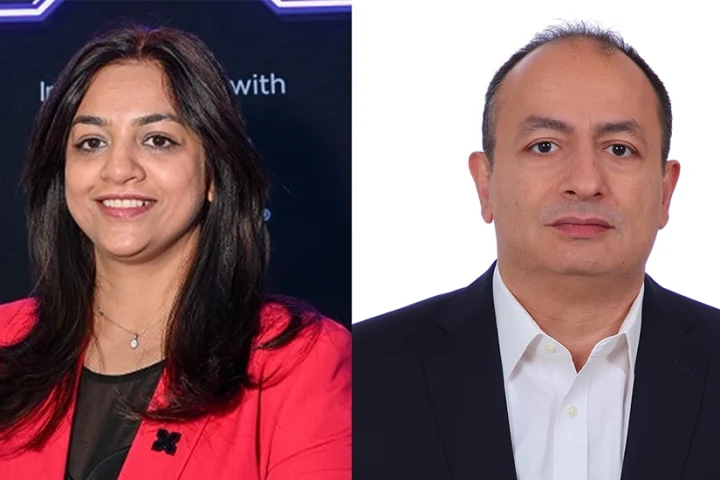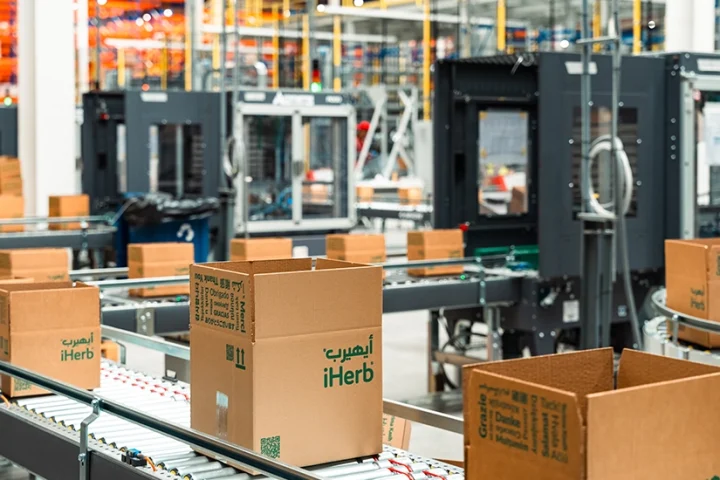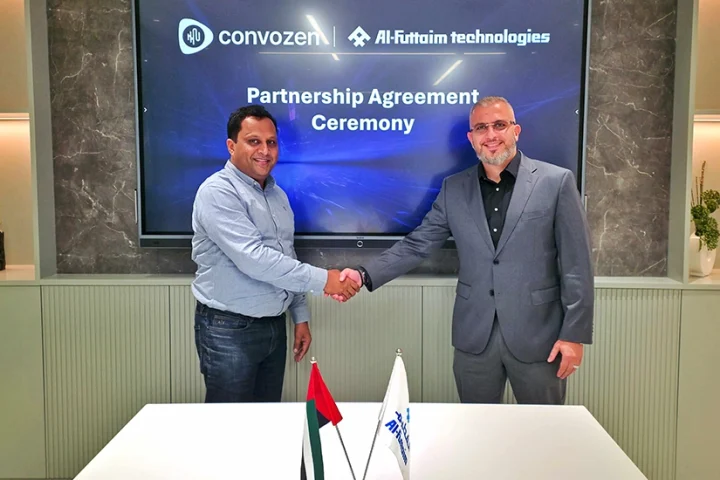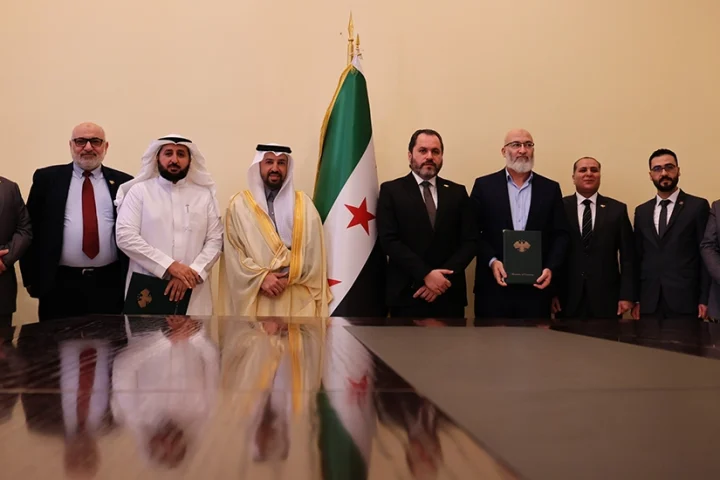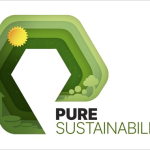Sustainability is becoming an increasingly important issue in the Middle East, where many countries are facing significant environmental and resource challenges. While the region is known for its vast oil and gas reserves, it is also home to many renewable energy resources, such as solar and wind power, which could help to address these challenges.
One of the key challenges facing the Middle East is water scarcity, with many countries in the region facing severe shortages. As a result, many governments are investing in desalination technology to convert seawater into drinking water, as well as into water conservation measures, such as drip irrigation systems and waste water recycling.
Another major challenge in the Middle East is air pollution, which is exacerbated by the heavy reliance on fossil fuels for energy. Many countries in the region are now looking to diversify their energy mix and transition towards cleaner sources of power, such as solar, wind, and nuclear energy.
In addition to these environmental challenges, the Middle East is also facing significant social and economic challenges, including high levels of poverty and inequality, political instability, and conflict. Sustainable development initiatives that promote economic growth, social development and environmental sustainability can help to address these challenges and build more resilient and prosperous societies.
ESG integration, which stands for Environmental, Social, and Governance integration, is a process of incorporating ESG factors into investment decision-making. The Middle East region, with its significant energy resources and high levels of economic development, has the potential to play a vital role in ESG integration.
To achieve ESG integration in the Middle East, several key steps need to be taken:
Raising awareness: There needs to be a greater level of awareness and understanding of ESG issues and their importance in the region. This can be achieved through education and training programs targeted at investors, policymakers, and the wider public.
Developing ESG standards: There needs to be a concerted effort to develop ESG standards that are relevant and appropriate for the Middle East context. These standards should be developed in consultation with stakeholders and should take into account the region’s unique economic, social, and environmental characteristics.
Encouraging ESG reporting: Companies in the Middle East should be encouraged to report on their ESG performance. This can be achieved through regulatory measures, such as mandatory reporting requirements, or through voluntary initiatives, such as sustainability reporting frameworks.
Providing ESG investment opportunities: The development of ESG investment opportunities is critical to the success of ESG integration in the Middle East. This can be achieved through the development of ESG funds, green bonds, and other financial products that target ESG investors.
Encouraging ESG engagement: Investors in the Middle East should be encouraged to engage with companies on ESG issues. This can help to promote greater transparency and accountability, as well as improve the ESG performance of companies in the region.
The environment, social equity, and economic development are all intertwined with sustainability.
Companies are realizing the importance of sustainability as corporate responsibility expectations rise. Over the next decade, the top companies will influence other companies to follow them on a sustainable journey. However, in some cases, organizations lack a genuine commitment to sustainability, making the efforts more fragile. Making the company sustainable is a difficult task for them.
Environmental, social, and governance issues have risen to the top of the priority list for businesses across all industries. Many businesses use the ESG report to demonstrate how sustainability is integrated into their operations. Rising inflation and higher fossil fuel prices made organizations realize the importance of investing more in ESG. Many markets devise strategies aimed at achieving sustainability. ESG has become a major concern in the Middle East, and organizations there have realized the value of investing more in ESG.
According to many reports, the GCC countries should move faster to meet net-zero targets by 2050. The UAE and Saudi Arabia are ready to take more significant steps toward their goals, and they are quickly catching up to their global peers in terms of ESG efforts. The GCC countries are developing an ESG mission, and swift action is being taken to mitigate global issues and thus produce an ESG report. The GCC’s sustainability strategy places a strong emphasis on environmental protection as well as strengthening social and economic responsibility for future generations. Biodiversity, use of natural resources, and water consumption are now top priorities for the GCC.
UAE’s ESG Vision
The UAE’s ESG vision is to attract international investors and encourage long-term investments. In the UAE, the Securities and Commodities Authority mandated that all public joint-stock companies in the UAE adopt the ESG mission and prepare an ESG report regularly.
The UAE Energy Strategy 2050 aims to increase clean energy’s contribution to the total energy mix to 50%, while also ensuring a secure economic environment for the development of various sectors and balancing supply and demand.
This mission seeks to position the UAE as a leader in the export of green products and technologies. Whereas Vision 2030 Abu Dhabi aims for a long-term strategy for the emirate’s economic transformation by focusing on reducing reliance on the oil sector as an economic source and focusing on knowledge-based industries in the future.
Companies are instructed to evaluate ESG risks and opportunities in their supply chain management. Sustainability reporting and audits make this possible. ESG strategies should be developed and implemented with all customers, suppliers, and investors in mind. Integrating ESG into supply chain management will result in a positive organizational transformation to build a more sustainable and secure future.
GEC Media will launch long-term initiatives in 2023
GEC Media is gearing up for the year 2023 with ambitious goals and a strong focus on sustainability. In a nutshell, GEC Media has a success story by bringing many industry speakers, technology providers, government authorities, and regional policymakers together. GEC media has emerged as the leading provider of sustainability and ESG activities. GEC Media Group launches the ‘UNITE to Sustain’ campaign, which aims to collaborate with the larger IT ecosystem by conducting environmental, societal, and sustainability campaigns to achieve sustainability goals and implement sustainable strategies.
The 9th Future IT Summit and Catalysts Award 2023 took place on March 9, 2023, with the theme “Cloud and Automation Towards a Sustainable Business and Economy.” The power of the cloud and automation enables businesses to realize their ESG goals, resulting in a competitive and sustainable business plan. Organizations are relying on new technologies to help them meet their ESG objectives, with an emphasis on cloud and automation.
Another significant initiative in 2023 is the “Plant more Trees drive/ Ghaf tree planting or sapling planting,” which aims for environmental sustainability. Planting trees improves the community’s well-being and thus increases the ecosystem’s resiliency.
On March 11, 2023, a cycling event was held at The Loop in Meydan with the goal of “well-being.” The event drew 50+ CIOs and IT leaders from various industries, and it inspired everyone to stay healthy, strong, and positive. By focusing on sustainable goals and vision, the event focuses on protecting green spaces, which results in less air pollution and fewer emissions.
GEC is preparing to share happiness and intense love with the Labor Camps during the holy month of Ramadhan by sharing Iftar Meals. The primary goal of this activity is to ensure that no one goes through Ramadhan on an empty stomach. With the goal of fuel/energy sustainability/carbon footprint reduction, the use of public transportation such as the metro, carpool, and so on is another significant sustainable strategy that will be implemented beginning in May. Because transportation is the single largest contributor to greenhouse gas emissions, using public transportation daily will result in less pollution and a clearer sky.
Cleaning the environment is essential for survival and aids in the preservation of the earth’s natural resources. GEC Media Group is preparing to clean the beach and collect plastic waste to achieve the goal of being Clean and Green. The activity of keeping water for birds and caring for stray animals will be held in July with the goal of animal/bird conservation. Moving forward with other sustainable goals such as marine life conservation, cleaning, and plastic waste collection will also meet the year 2023 sustainable goals. Aid to famine-stricken countries through edible supplies will be hosted near the end of this year to eradicate child mortality.
Today, sustainability has become a driving force in improving business strategies and the economy. Despite the numerous challenges that lie ahead in 2023, numerous sustainable solutions can be implemented to help solve the problems. The ESG has gained traction and is expected to accelerate in the coming years; Middle Eastern countries are leading in the global sustainability market and have emerged as key players in global ESG developments. Organizations have recognized the importance of ESG in today’s competitive world because it is not only a way to attract foreign investment and meet government environmental goals, but it also helps determine whether the company’s values and purposes are aligned.
Overall, there is a growing recognition in the Middle East of the need to adopt sustainable practices and technologies to protect the environment, conserve resources, and promote economic and social development. Hence, achieving ESG integration in the Middle East will require a collaborative effort between investors, policymakers, companies, and other stakeholders. However, the potential benefits of ESG integration, such as improved risk management, enhanced reputation, and increased access to capital, make it a worthwhile endeavor.



